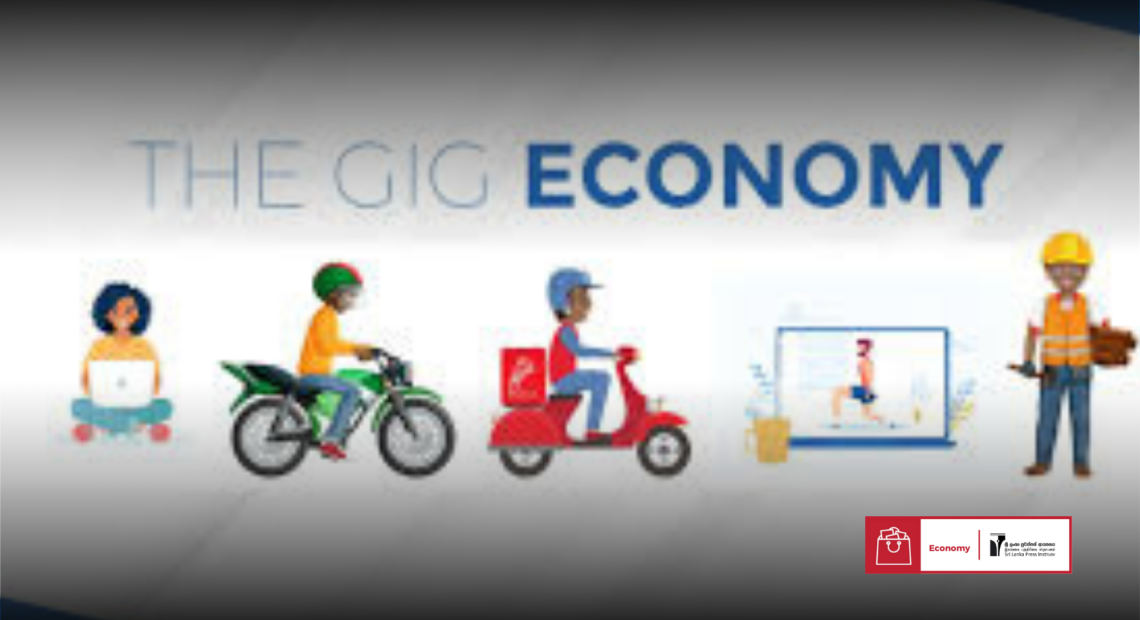Padma Podi Manike

What is the Gig Economy?
The gig economy, a creation of the new technological era, is a cultural transformation that moves beyond traditional workforce management. It is a modern method of fulfilling business needs based primarily on independent services rather than full-time employment. Compared to conventional jobs, it is a more flexible, updated, and technology-integrated income-generating system.
The Importance of the Gig Economy for the 20-27 Age Group
This age group represents a social segment seeking new livelihoods, goals, and independence. The gig economy provides an attractive solution for this youth demographic.
- Independence in the Gig Economy
The rapidly growing gig economy allows young people to work independently. Global corporations such as Pizza Hut, Domino’s Pizza, KFC, PickMe, and Uber have contributed significantly to the development of this sector. Through this system, individuals can take on tasks assigned from any part of the world, connecting through technology and providing services based on their expertise. - Experience Growth and Innovation
The gig economy opens new doors for young people in countries with limited job opportunities, offering unique experiences and self-employment prospects. Not only developing nations but even developed countries are increasingly attracted to the gig economy. A study by Harvard University revealed that 150 million individuals who were previously employed in North America and Western Europe have transitioned into gig-based work.
How Does the Gig Economy Strengthen Youth Livelihoods?
- Efficient Use of Time
The gig economy enables young people to manage their time effectively. For instance, they can engage in freelance work alongside university education, helping to stabilize their financial situation to a certain extent. - Unique Income Opportunities
The gig economy offers highly paid jobs. Especially in technology-based services, costs are minimized while income potential increases. - Development of Self-Employment Skills
It provides young people with opportunities to identify and enhance both their hard and soft skills (transferable skills). - Internet and International Connectivity
The gig economy enables the younger generation to engage in global transactions through the internet, securing a competitive position in the international market.
Benefits of the Gig Economy for Young People
- Understanding of Business and Management Skills
Before exploring alternative career paths, young people can use gig work to understand business and management concepts and identify trends in the global market. - Uninterrupted Income Management
Even during curfews or global economic crises, the gig economy allows individuals to maintain their income without disruptions. - Expansion of Professional Networks
The gig economy provides vast opportunities to build and maintain professional relationships, connect with customers, and discover new business ventures.
Challenges and Solutions
- Lack of Job Security
Since the gig economy does not operate under a structured legal framework like traditional employment, it does not guarantee job security. - Cultural and Social Limitations
Misconceptions and negative perceptions about the gig economy in society must be addressed through effective advisory mechanisms.
Enhancing young people’s understanding of the gig economy can support their livelihoods, self-employment, and financial stability.









